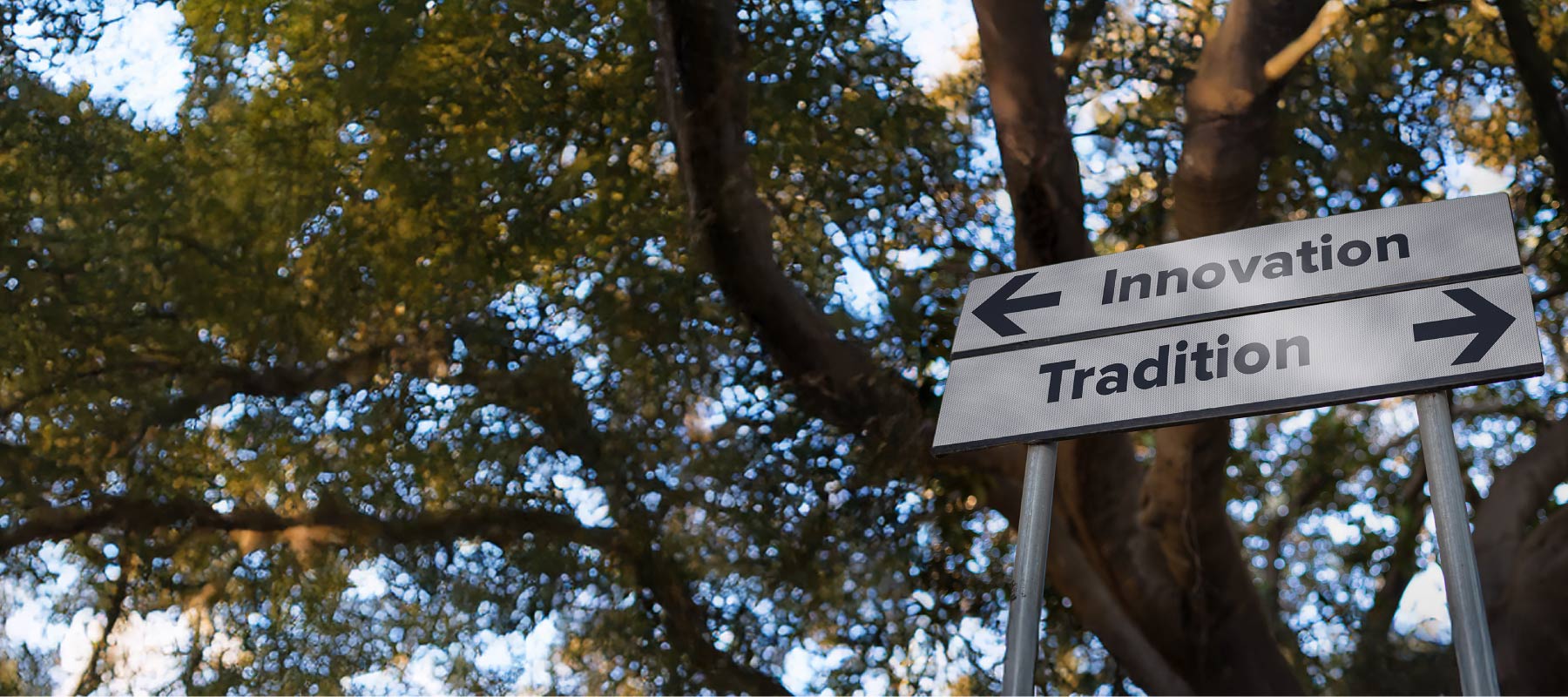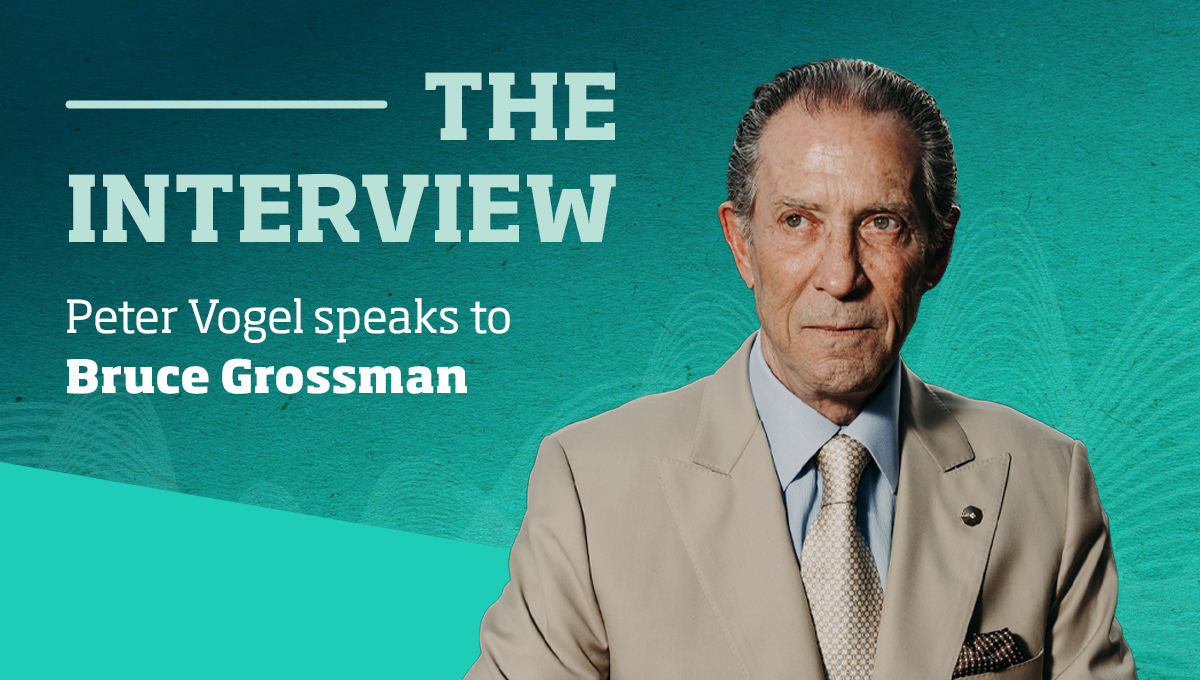
Are family businesses soft and fuzzy or just better at handling paradoxes?
It’s often intriguing how family businesses are able to mesh emotional with pure business considerations to generate original and exceptional performance. One of the first academics to highlight this phenomenon was Professor John Ward at Kellogg School of Management in his 2010 book “Family Business as Paradox”.
To paraphrase the arguments he made in it, a family business is, by its very nature, a living contradiction. Successful, multi-generation family businesses have figured out how to manage these contradictions and in many cases turn them into the secret of their success in a world that is filled with dozens of paradoxes. The family business edge is thus their learned ability to operate in loose, uncertain environments filled with contractions and dilemmas. In particular, their ability to navigate the treacherous emotional dimensions makes them exceptional competitors over the long term. Tongue in cheek, many family business specialists often refer to the CEO as the Chief Emotional Officer, not just the Chief Executive Officer.
But are family businesses all that soft and fuzzy? Are they really trading emotional values for the hard decision skills supported by others? Or have they identified a better mix of soft and hard skills that enables better decision making in the context of highly uncertain, volatile markets? Have they simply properly identified human resources as the key to success and can we all learn from them?
Where soft and fuzzy can actually be a superior strategy
To follow the argument made by Dr Ward, the first step to better decision making is to suspend judgment about contradictions and recognize that we have all been brought up and educated to treat all problems as the same. The reality is that not all problems are the same. Not all can be solved, and an ever-increasing proportion of those must simply be managed or coped with. In order to do this, we have to develop the capacity within ourselves and our organizations to thrive on contradictions. We have to develop the ability to embrace, manage, and in some cases, synthesize contradictions.
Nowhere is this more evident than in the family business, which is the ultimate embodiment of a paradox in its attempt to mix business and family dimensions which are fundamentally incompatible. Hence the often sterile debate as to whether a particular family business, when push comes to shove, operates primarily in the interest of the business or that of the family. The very fact that the question comes up illustrates the inherent contradiction between the two interests. Successful business leaders need to develop an appreciation for ambiguity and build a creative toolbox of skills to manage contradictions in the workplace.
A recent KPMG Global Family Business Survey provides some original insights into the issue. When family business respondents were asked whether they agreed with the statement that “emotions and sentiments often affect decision-making processes in family firms,” a majority disagreed (57%).
In other words, based on their personal experiences on the matter, family firms may have a high level of respect for emotional dimensions of business but when it comes to making decisions, those were secondary to business considerations. This was particularly evident again when respondents were queried about the characteristics they would be most interested to find in potential investors in their firm.
Issues such as trust, similar values to the family or a family business mindset came way after business/industry expertise, similar appetite for business risk /return, the skills and capabilities they could add to the Board, and international experience. In other words, as expected for the argument above, family businesses don’t really “choose” between hard and soft factors in decision making but find a way to incorporate and manage both in a balanced manner. Yes, emotional dimensions matter… but not at the cost of business issues.
This exceptional ability to cope with natural ambiguities and dilemmas in business is a key differentiator that comes out loud and clear from the survey. As investors or recipients of equity investments, family businesses avoid the “either/or” dilemmas and opt for the more effective “both/and” strategy.
From optimizing to coping with ambiguity
Examining the results of the survey, it was sometimes difficult to sort out some apparent ambiguities. Family businesses, when acting as investors, seem to focus on control and returns. As investees, they were very worried about the same two factors. This behavior lies at the very bottom of family businesses: it is their ability to not make choices, to cope with the natural ambiguities of business life, partly learned from coping with the not always rational emotional components in the family that makes them unique and often better. The “soft and fuzzy” factors are differentiators, not drivers: they enable the family businesses to deliver in the complex and dilemma-filled environments of today.
It is no longer about mathematical optimization but about finding ways to balance the apparently antagonistic forces of family and business.
Benoît Leleux is Professor of Entrepreneurship and Finance at IMD and teaches in the Leading the Family Business program.
Research Information & Knowledge Hub for additional information on IMD publications

Family Enterprises resilience is tested as one family's struggle through multiple crises offers best practices for others facing challenges and uncertainty.

Leaders of family firms are struggling with multiple role identities, and poor board management is putting the future of family enterprises at risk.

Tolaram’s Mohan Vaswani and Sajen Aswani on how the family enterprise has achieved success across four generations, three continents, and 75 years.
Jess Chua was a leading scholar in the field of family business and a major contributor to Entrepreneurship Theory and Practice both as an author and editor. His significant contributions to the field were acknowledged by the Web of Science, which...

Taking tangible next steps from the success of a 70-year-old craft firm and applying transferable advice to family businesses across every sector.
BARCELONA, JANUARY 2023. What started in 2016 as a humble entrepreneurial attempt to contribute to a more sustainable future had turned into a solid eyewear brand present in major Western markets. François van den Abeele was even more excited by t...
Founded by Lim Hock Chee in 1985, Sheng Siong has evolved from a humble grocery store into a leading supermarket chain in Singapore, renowned for its cost-effective pricing and commitment to customer satisfaction. Mr Lim’s unique philosophy, which...

Bruce Grossman shares his family’s journey from mining to building Arca Continental, Latin America's second-largest Coca-Cola bottler, and their commitment to legacy and impact.
Family businesses hold a unique place in the economic and social landscape. They represent not just entrepreneurship but also heritage, values and a legacy passed down through generations.
Research Information & Knowledge Hub for additional information on IMD publications
Research Information & Knowledge Hub for additional information on IMD publications
Research Information & Knowledge Hub for additional information on IMD publications
in Entrepreneurship Theory and Practice 5 February 2025, ePub before print, https://doi.org/10.1177/10422587251315653
Research Information & Knowledge Hub for additional information on IMD publications
Research Information & Knowledge Hub for additional information on IMD publications
Research Information & Knowledge Hub for additional information on IMD publications
Research Information & Knowledge Hub for additional information on IMD publications
Research Information & Knowledge Hub for additional information on IMD publications
Research Information & Knowledge Hub for additional information on IMD publications
in Family Office Magazine January 2025, no. 2, pp. 20-21
Research Information & Knowledge Hub for additional information on IMD publications

